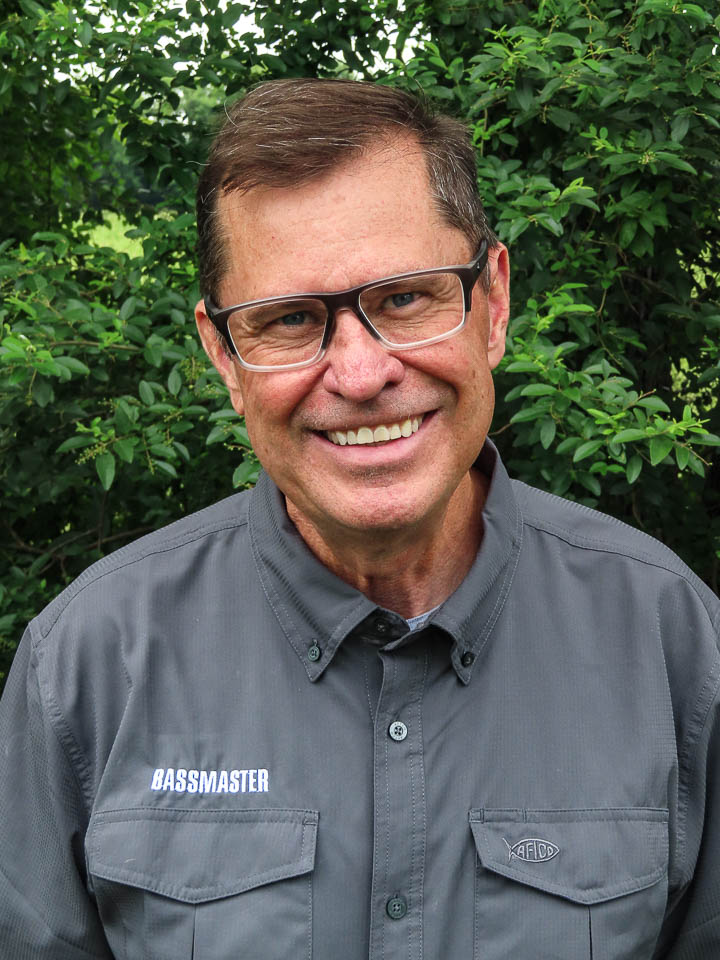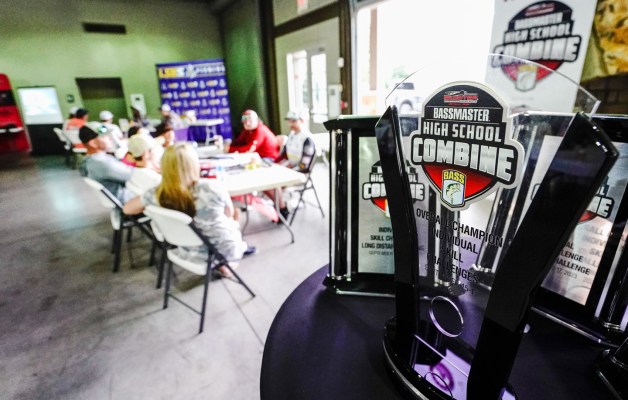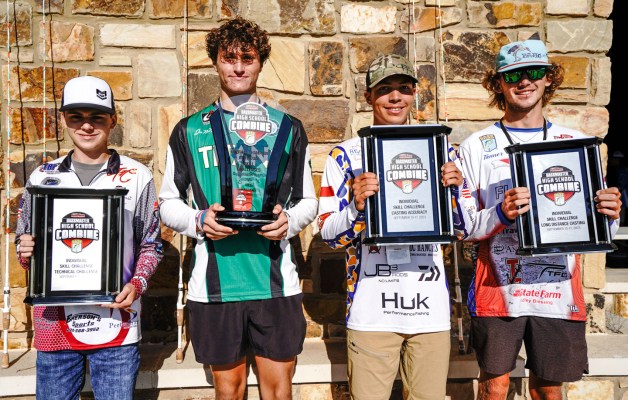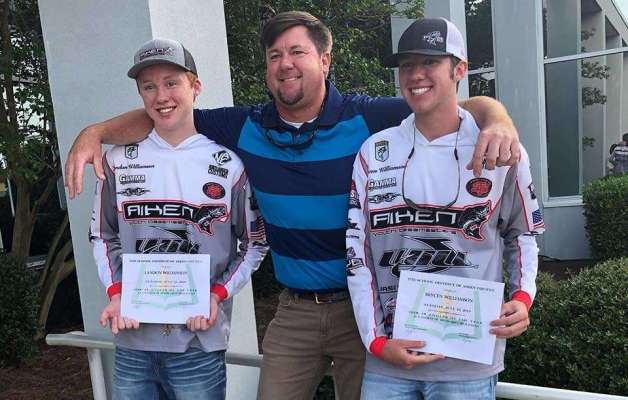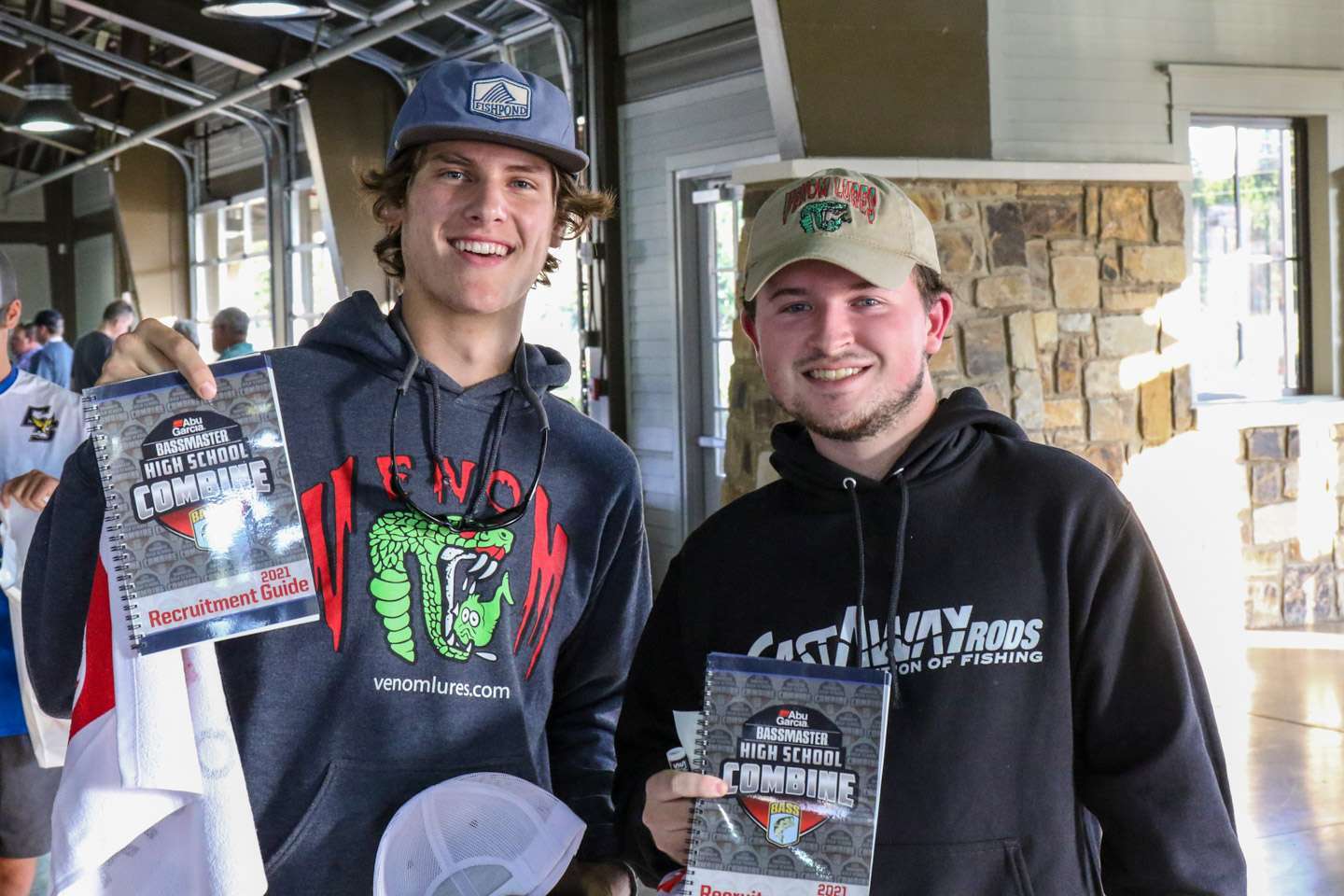
The inaugural Abu Garcia High School Combine helps college coaches overcome a recruiting handicap, while providing high school prospects with a stage in which to showcase their talents. Unlike other college sports, coaches don’t get to see the anglers in action, displaying their skills, so they can make good recruiting decisions.
The combine alleviates that challenge by creating an assembly of the nation’s top high school anglers in a two-day recruiting camp. The sessions combine skills tests with the equally as important personal interviews to evaluate character, academic goals and all of the other recruiting aspects needed to make decisions, face to face.
“I don’t see game film or get in-home visits like some of my other coaches when they are recruiting for our other traditional team sports,” said Connor Smith, athletic director and fishing team coach at Dallas Baptist University.
“The combine solves that problem, because as coaches, we also make our decisions based on personality and character traits, and how that all fits into enabling our student athletes to have a great overall college experience,” he said.
For the high school prospects, the convenience factor is of great benefit, with 85 prospects demonstrating their talents in full view of coaches from 20 championship-caliber colleges. The Combine is a first for the sport, and the industry, with the one-on-one “second looks” and interviews invaluable to the decision-making process.
Bridging the gap between the students and coaches is the immediate benefit of the Combine. The high school anglers found other benefits as well.
“Currently, there is very limited access for those of us wanting to make connections with college coaches,” said Braden Watson, a senior at Bethel Christian Academy in Dothan, Ala.
“The combine helps us not only connect with coaches, but sell ourselves to the schools in one event.”
Recruiting is well established in the bass-fishing-centric South, where coaches have access to prospects within their own states. That’s not the case outside the geographical Bass Belt.
“For kids like me, from Ohio, my chances of getting out in front of colleges outside my area is a very difficult task,” said Cameron Burgess, a 10th-grader at Talawanda High School in Hamilton.
“Being from the Northeast, we don’t have college fishing programs nearby, and we don’t get as much exposure to the coaches in the southern schools where there is great fishing,” added Cole Moulton, a senior at Mascoma Valley Regional High School in Enfield, N.H.
Campus life and the school’s culture are difficult to discuss without visiting with the coaches, another benefit of the Combine.
“I already talked to some coaches and hadn’t made commitments, and the Combine gives me the chance for a clearer understanding about campus life and culture,” said Moulton. “Knowing what to expect outside the fishing program is important, and you can really only do that by meeting the coaches in person.”
Beyond connecting with coaches, some recruits find the benefits of networking with their peers.
“I am looking to gain interactions with other high school anglers, while being able to share our stories and experiences,” said Braden McNamara, a junior at Delaware Hayes High School in Marysville, Ohio. “Even at regional or national events, we don’t get that much time to mix with the other kids, and that helps us learn more about ourselves and what we might be looking for in a college.”
The Combine is clearly more about just recruiting to the prospects gathered for the weekend. Many made new connections while discovering more about where they stack up with their peers.
“Being able to see how I measured up against some of the top anglers is huge,” said Watson. “It helps me to know what areas I need to work on to improve my fishing skills.”
Above all else, the high school anglers value the B.A.S.S. college program for growing them as anglers, while developing the character most sought by the coaches and their respective schools.
“Fishing at the college level has been a goal of mine since the seventh grade,” said McNamara. “I’ve made friends from all over the country, and the experience has given me knowledge of how to fix things and overcome situations in the competitions, that I also know will help develop me personally.”

